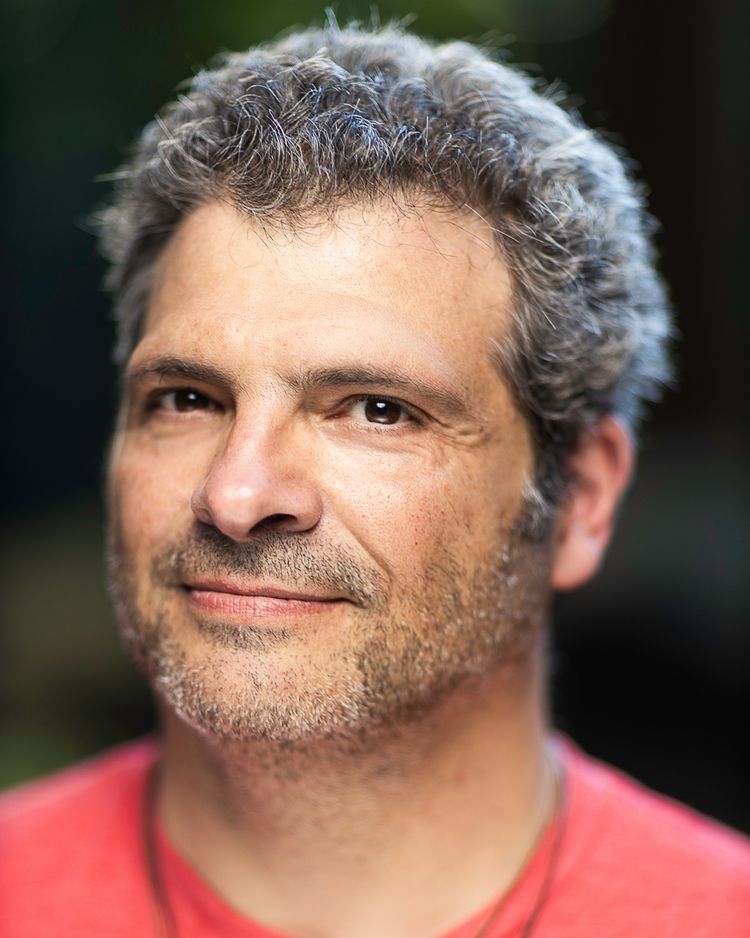Where does real progress begin?
So much is written and discussed about history: recording it, studying it, learning (or not) from it, does it repeat or rhyme, etc. But why don’t more people talk about each of our personal histories?
If progress is real despite our whining, it is not because we are born any healthier, better, or wiser than infants were in the past, but because we are born to a richer heritage, born on a higher level of that pedestal which the accumulation of knowledge and art raises as the ground and support of our being. The heritage rises, and man rises in proportion as he receives it.
~ Will and Ariel Durant from, Is Human Progress Real or An Illusion?
The most important thing—the thing I unequivocally must do, and must do first—is to take care of myself. (“Put on your own oxygen mask before attempting to assist others.”) I must put myself first. I must be the change I want to see in the world. Only if I am healthy, empowered, and vigorously prepared can I sally forth to do good things.
Indeed, the grandest of all laws is the law of progressive development. Under it, in the wide sweep of things, men grow wiser as they grow older; Societies better.
~ Bovee
Certainly, I can work on myself by studying humanity’s history for lessons. You know what works better? Studying my history, because there are so many questions I can usefully ask of myself. What couldn’t I accomplish if I spent decades studying my own history and studying humanity’s?
That would be real progress.
Dinner resists optimization. It can be creative, and it can be pleasurable. None of this negates the fact that it is a grind. It will always be a grind. You will always have to think about it, unless you have someone else to think about it for you, and it will always require too much time or too much energy or too much money or some combination of the three. It is unrelenting, in the way that breathing is unrelenting. There is freedom in surrendering to this, that even in this golden age of technological progress, dinner refuses to be solved.
~ Rachel Sugar, from Dinner Is Terrible
I agree with Sugar. Somewhere along the way I learned that leaning into the mundane parts of meal preparation is actually what I need to do more often. I tend to get very head-down doing and that’s not healthy when it stretches on for hours and hours. Instead, preplanning when I’m supposed to stop doing whatever, and go prepare a meal always results in some meditative time in the ‘ol kitchen. Combined with “simple food, simply prepared”—fresh or raw ingredients, reduced combinations of flavors, smaller quantities, visually interesting—I feel I’m making some progress towards health and mental wellness in one activity.
Human progress is neither automatic nor inevitable […] Every step toward the goal of justice requires sacrifice, suffering, and struggle; the tireless exertions and passionate concern of dedicated individuals.
~ Martin Luther King, Jr.
For a long time—perhaps all my life until just a few years ago—I would have said I was firmly on team Continuous Forward Progress; I would have said that change is good simply because it implies forward progress. But now I’m really seeing the value of “if this isn’t nice, I don’t know what is.”
Postrel’s argument about dynamism, evolutionary processes, and dispersed knowledge has direct relevance to technological change. She suggests that technological progress, much like biological evolution, is unpredictable and emerges through decentralized innovation rather than central planning, mirroring Hayek’s insight that no single entity can have enough knowledge to foresee or control all the variables involved in invention and innovation.
~ Lynne Kiesling, from Progress and Its Enemies
In most situations, I’m now feeling that leaving something just as it is would be great. The article is making a point about people who are against change on principle (although I’d wager most such people haven’t thought of it as a principle) and that’s not me either. I’m perfectly fine with change. But this is nice too.
Progress is impossible without change, and those who cannot change their minds cannot change anything.
~ George Bernard Shaw
So where and how does progress appear in my life? Right at the point where I feel overwhelmed and stretched thin. That’s the place where I break down. That’s where I remove structure and simplify. That’s where I finally make progress by choosing to change.
Overwhelm from tasks, messages, and more is completely normal. It’s based on a fear that we can’t handle everything coming our way. That we’re going to fail at juggling all of these balls, and drop them, and be a failure. It’s a fear of inadequacy, that shows up as anxiety.
~ Leo Babauta, from Transforming Overwhelm into a Creative, Productive Energy
It’s not just a “fear” that we can’t handle everything coming our way. It’s the reality for me. I’m ambitious to a fault and I set myself up daily for far too much. As always, Babauta has the keys for pivoting away from the overwhelm, into the possibilities of progress.
Until next time, thanks for reading.
ɕ
